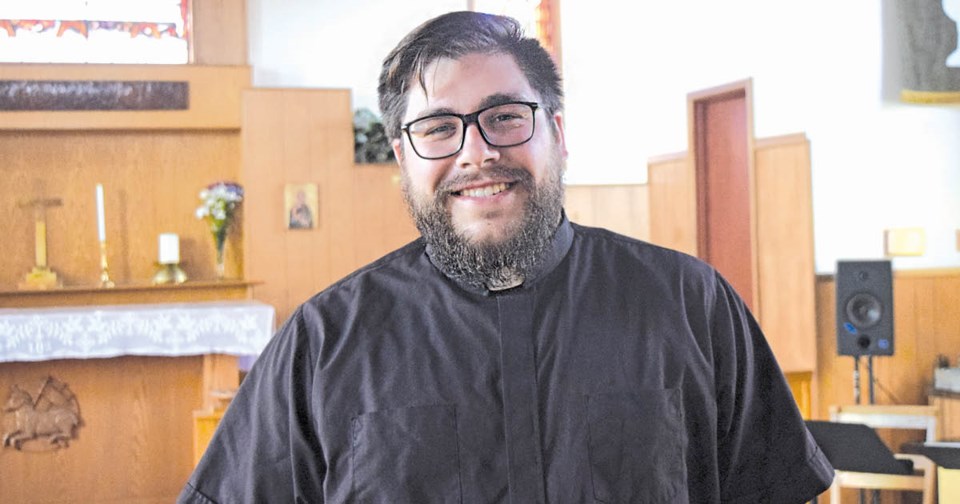The beginning of November has always seemed to me to be a haunted time of year. Not a ghostly haunting; but, a time when our personal and national histories are pronounced in formal rituals.
At the church, we began November with All Saints Day (Nov. 1) and All Souls Day (Nov. 2). Everything culminates to Nov. 11, when we gather as a country to remember the people who passed away while fighting in Canada’s Armed Forces.
Every Remembrance Day Service I’ve attended has taught me that the cost of war is human life. Although we offer words thanks for the women and men who paid the ultimate sacrifice while in service of their country, we offer prayers this will never happen again. We pray that their deaths and the sorrow of their mothers, fathers, and siblings will not be in vain. We pray that some good, lasting world peace, will eventually emerge from the suffering of war. We pray that God will make some sense of the senselessness of violence, and use it for the benefit of Creation.
These days of remembrance always bring my ancestors in the Christian faith, and my grandfather who fought in the Second World War, to the front of my mind. These days remind me that I am connected to a historical community. This community includes people who once lived, people who are alive now, and people who will be alive at some point in the future. Who I am, and the choices I make, impact a world that extends beyond myself and my day-to-day living.
What do we do with these connections? One option is to ignore them. We can pretend that the way we live our lives has nothing to do with others. When I first heard reports of COVID-19 come out of China, I thought to myself, “This has nothing to do with me.” After the discovery of undocumented graves on the grounds of former residential schools, I heard people say, “We’re not near a reserve. This has nothing to do with us.”
The other option is to embrace the connections we have with others. There is a realism and an awareness that comes with accepting our relationships with the world around us. I was wrong thinking COVID-19 had nothing to do with me. A few years ago, I came across a stack of church receipts from the ’50s and ’60s. One of the receipts was for a donation the congregation had made to a residential school! Even though Humboldt was not near a residential school, local congregations donated money.
Embracing our relationships means nourishing them. In the Gospels, Jesus reminds us that we have a responsibility to the people in our community. Wherever we, or our ancestors, have caused pain, we must strive for reconciliation. This is the hope we pray about on Remembrance Day – that our broken world will be healed. Healing our world is a possibility. It happens with each relationship we nourish; each pain that is healed.




